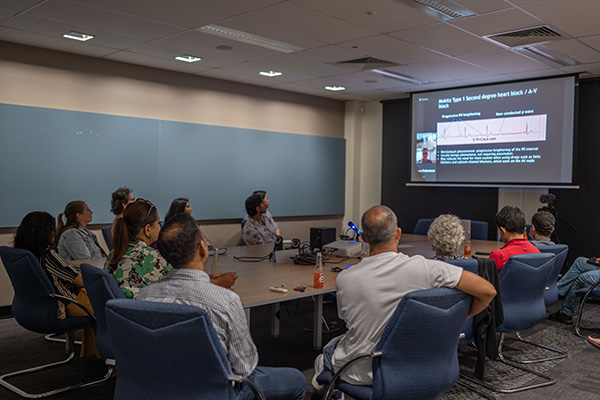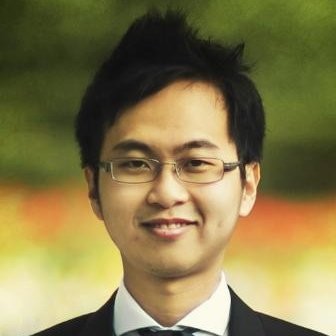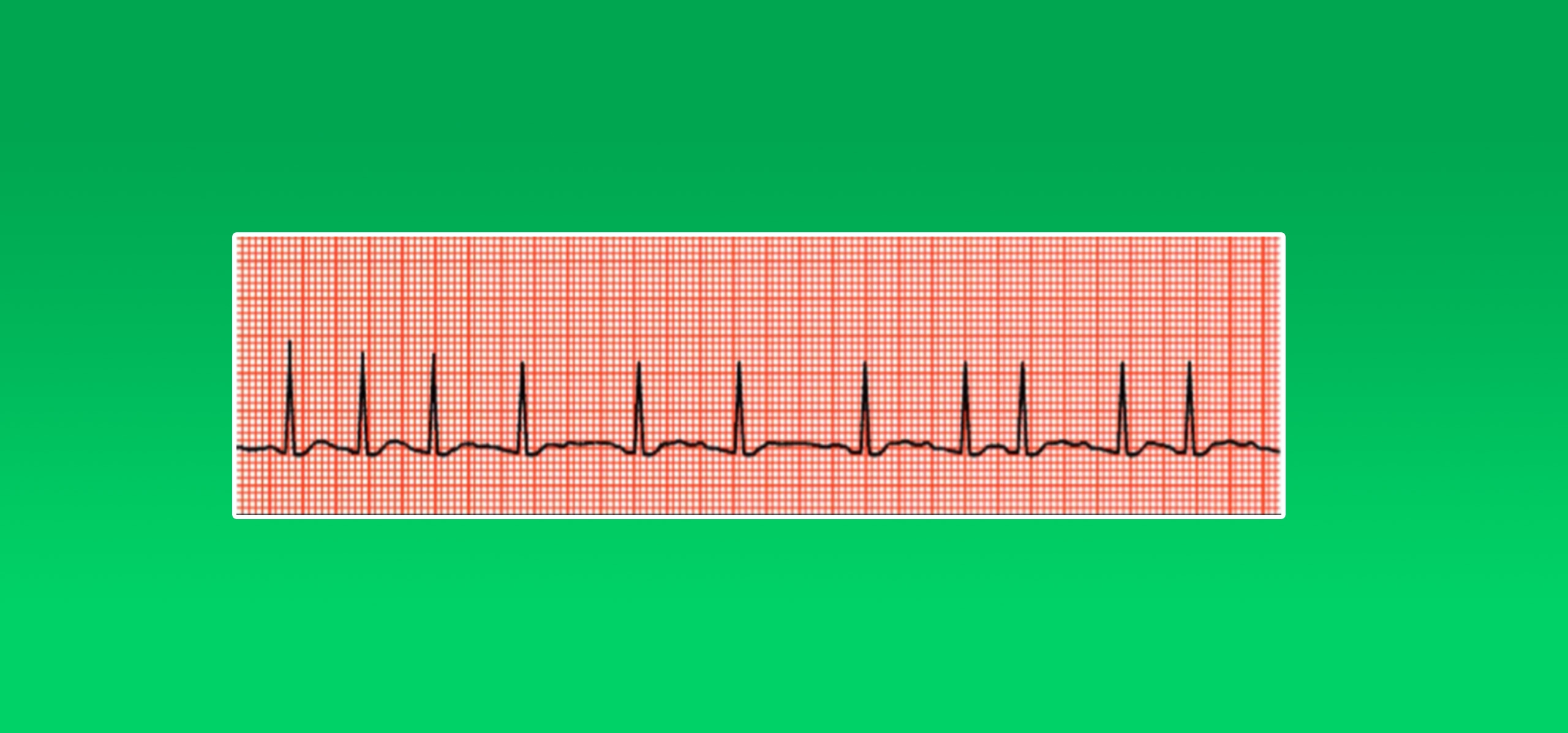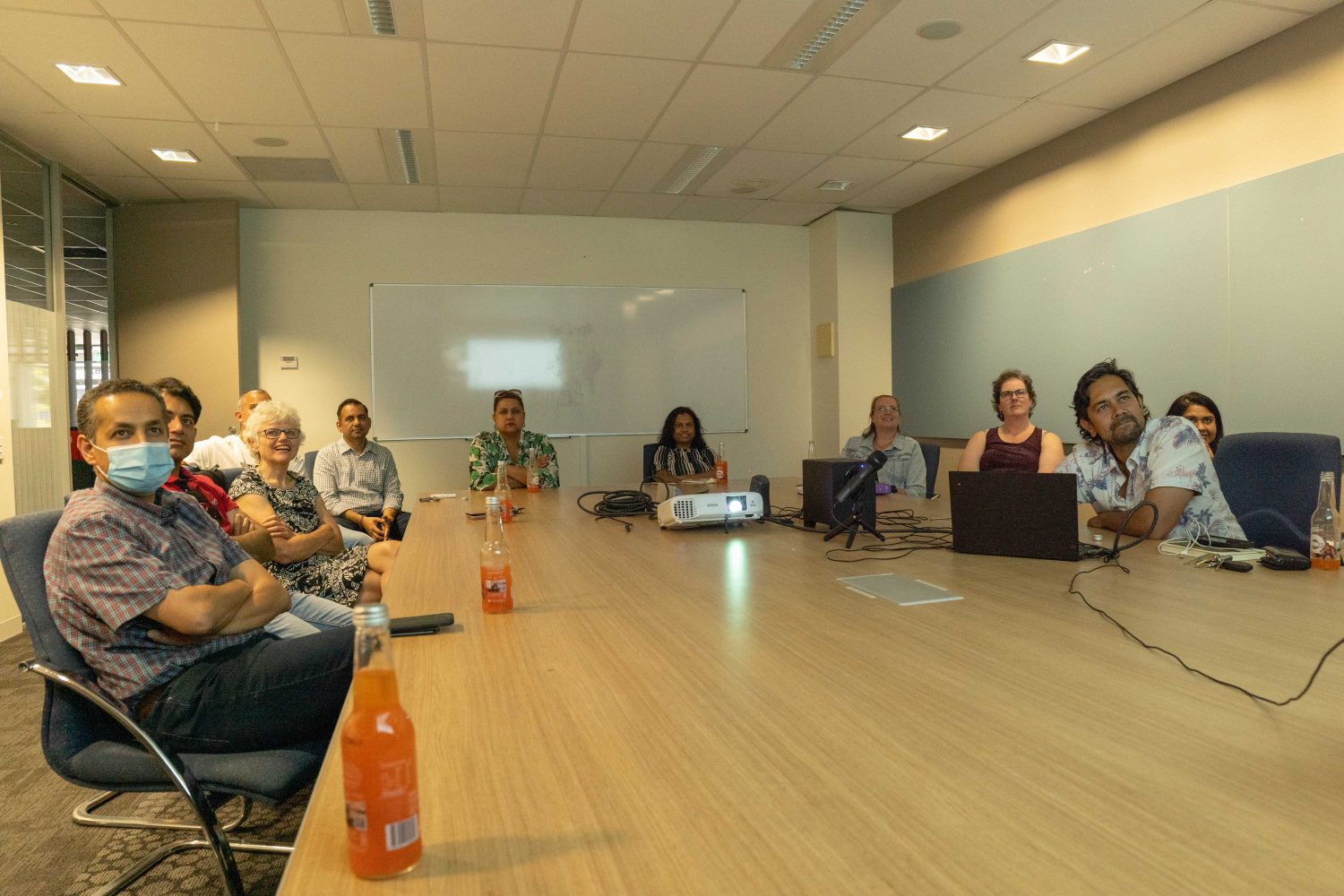What Are Cardiac Stress Tests?
In a cardiac stress test (also widely known as ‘stress test’), you walk on a treadmill which makes your heart work progressively harder. It measures how well your heart handles physical activity. During a stress test, a doctor will monitor your electrocardiogram (ECG) and measure your blood pressure regularly.
Why Would I Need a Cardiac Stress Test?
You may need a cardiac stress test if you have symptoms suggestive of limited blood flow to your heart. These symptoms include:
- Chest pain
- Shortness of breath
- Rapid heartbeat
- Irregular heartbeat, which may feel like a fluttering in your chest.
You may also need a stress test if you:
- Currently have heart disease and are being treated. This test can tell if the treatment is working
- Had a heart attack in the past
- Are at a higher risk of heart disease. This is usually due to other health problems such as diabetes, high blood pressure, family history of heart disease, and/or previous heart problems.

Dr Cheng Yee Goh gives an in depth presentation on ECG analysis at an Atticus Health staff health education evening.
What Types of Cardiac Stress Tests Are There?
There are three main types of cardiac stress tests – the exercise stress test, stress ECG and nuclear stress test.
Exercise Stress Test
- This is the conventional ‘stress test’.
- Several electrodes will be placed on your arms, legs and chest. They will be attached to an ECG machine, which monitors your heart rate and rhythm.
- You will proceed to walk on the treadmill. It will initially start slow, but the speed and incline will progressively increase during the test.
- You will continue walking until you reach a target heart rate set by your healthcare provider. The test may be terminated if you experience symptoms such as chest pain, shortness of breath, dizziness or fatigue.
- After the test, you will be monitored for a brief period until your heart rate and symptoms (if any) normalize.
- As this test only measures the electrical activity of the heart and does not include cardiac imaging, it is less accurate compared to stress ECG and nuclear stress test.
Stress echocardiogram
- It is a combination of ultrasound cardiac imaging and exercise stress test.
- It utilises ultrasound technology to obtain live pictures of your heart (ECG), before and immediately after exercise.
- If you are not healthy enough to exercise, you may be administered a medicine which increases your heart rate, to simulate the effect of exercising.
- Two sets of images, one taken before and another after exercise, are then compared to look for changes.
- This test is more accurate compared to an exercise stress test alone.
Nuclear stress test
- It is a combination of nuclear cardiac imaging and exercise stress test.
- You will be injected with a radioactive dye, which will be absorbed by the heart muscles.
- A special camera will then scan your heart and create the images, before and immediately after exercise.
- If you are not healthy enough to exercise, you may be administered a medicine which increases your heart rate, to simulate the effect of exercising.
- Two sets of images, one taken before and another after exercise are then compared to look for changes.
- This test is also more accurate compared to an exercise stress test alone.
Dr Cheng Yee Goh
Cardiologist

Dr Cheng Yee Goh is a general and interventional cardiologist. He undertook his medical degree at the University of Auckland and completed his cardiology training at Royal Melbourne Hospital, Western Health and Peninsula Health. Following his general cardiology training and completed a 12-month coronary fellowship in Western Health. This was followed by an 18-month overseas interventional cardiology fellowship at the prestigious University of Ottawa Heart Institute, the largest heart centre in Canada where he trained in complex percutaneous coronary intervention (stenting).
Cheng Yee has trained with pioneers and world leaders in interventional cardiology. He performs diagnostic coronary angiography via the radial artery (wrist), complex coronary stenting, fractional flow reserve (FFR) and intracoronary imaging such as optical coherence tomography (OCT) and intravascular ultrasound (IVUS).
He is active in cardiovascular research. He has publications in numerous cardiovascular journals and presented in national and international conferences. He also holds a masters degree in public health from University of Sydney.
Born in Malaysia, Cheng Yee is fluent in Mandarin, Cantonese, Malay/Indonesian, and Hokkien (Chinese dialect).


